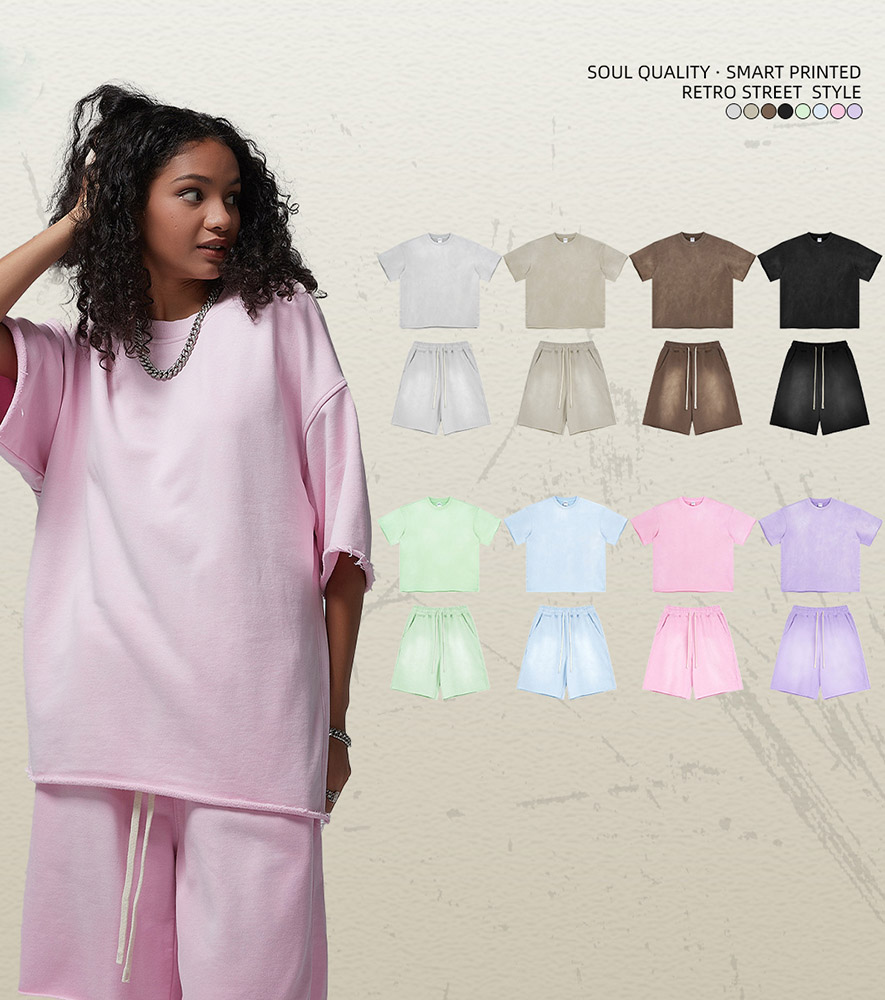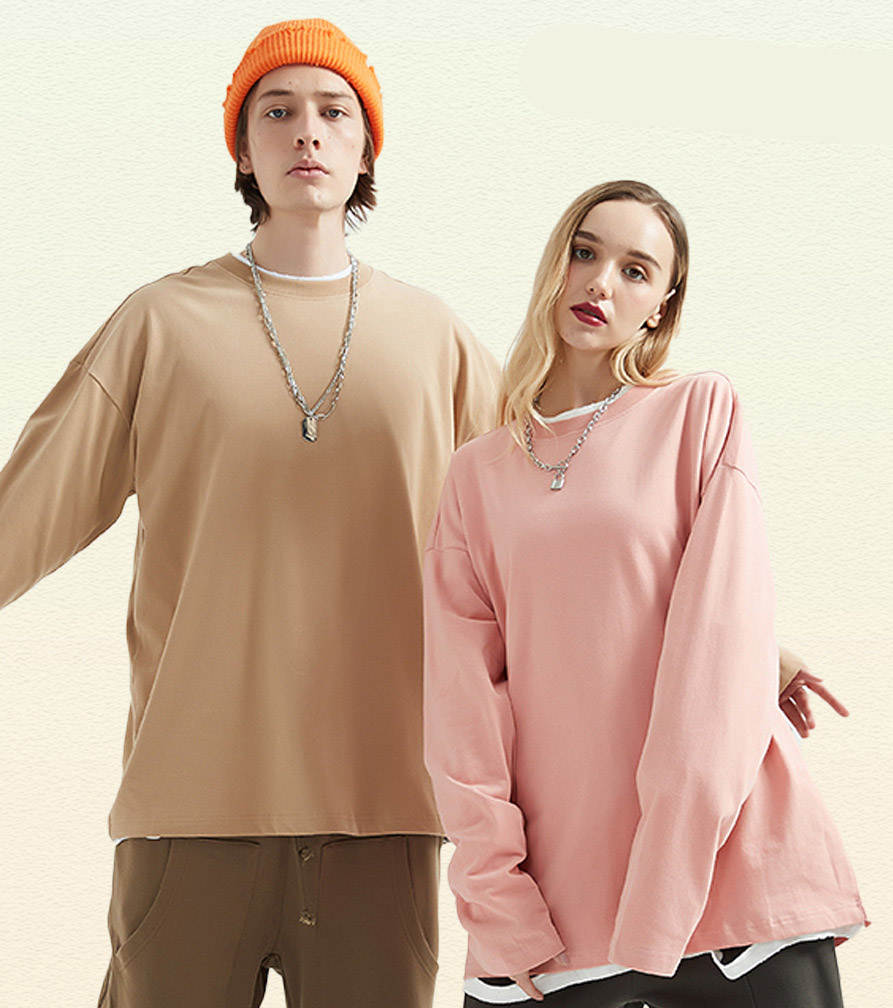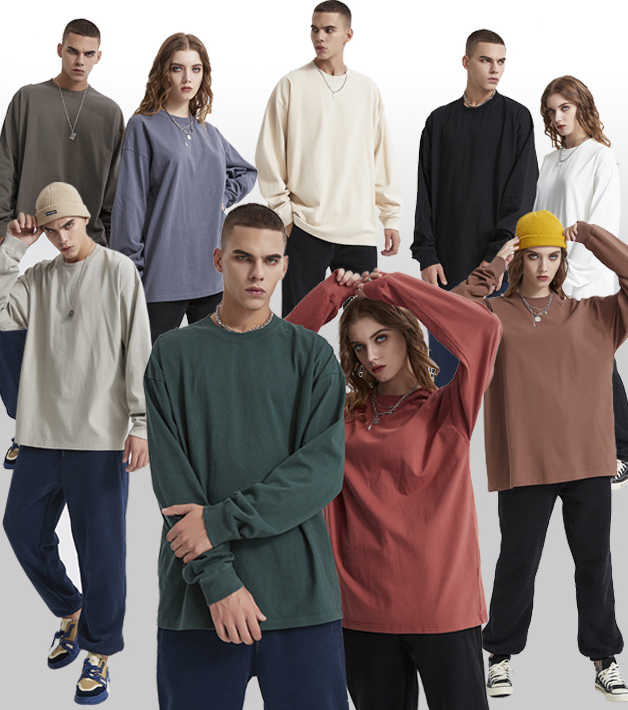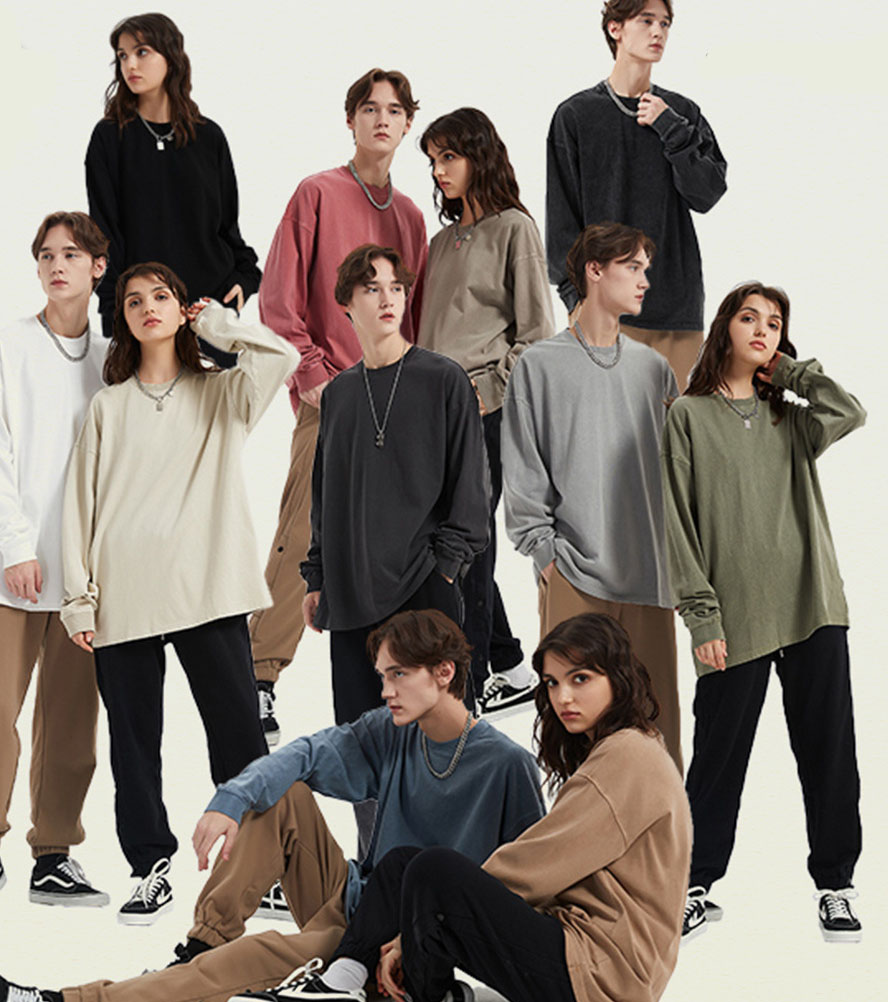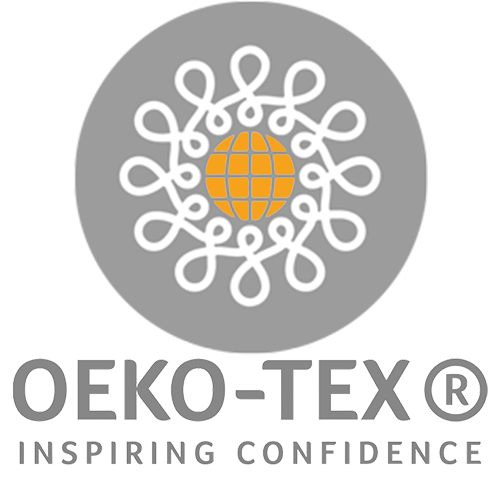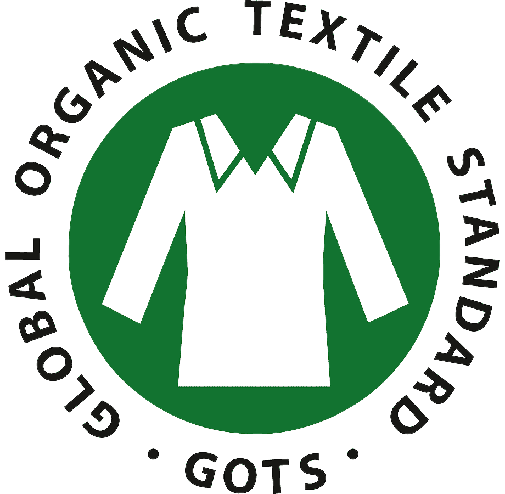Every week, brands ask me: “How do I find a reliable private label manufacturer1 for my lingerie or underwear line?” The answer is part research, part relationship-building, and part knowing what questions to ask. I’ve helped brands—from indie startups to international labels—find and vet manufacturers, so I know firsthand where founders get stuck and how to save time and money.
To find the right private label intimate apparel2 manufacturer, you need a mix of online search, trade events, targeted outreach, and thorough vetting. You’ll also need a plan for communication, contract, quality, and IP protection3.
This step-by-step guide breaks down the process, gives you the right evaluation tools, and shares lessons I’ve learned from real sourcing journey4s.
Where Should You Start Your Search for Private Label Intimate Apparel Manufacturers?

Clothing Factory Sorting
Your goal is to build a focused shortlist of real partners, not just a pile of email addresses.
The best results come from combining digital research with real-world networking and targeted outreach to proven factories.
What Are the Top Online Platforms and Directories for Finding Private Label Manufacturers?
Don’t just send mass RFQs—be strategic with where and how you search.
Top Online Sourcing Platforms
- Alibaba: Global reach, supplier verification, but always double-check reviews and certificates.
- Maker’s Row: US-focused, many factories open to private label lingerie projects.
- Foursource: Fashion/apparel industry B2B matching—filter by intimate category, sustainability5, or location.
- Global Sources: Good for Asian suppliers, often better trade assurance than Alibaba.
- Kompass/ThomasNet: For more established, often larger-scale suppliers.
Pros & Cons of Key Sourcing Platforms
| Platform | Strengths | Limitations/Warnings |
|---|---|---|
| Alibaba | Huge range, reviews, escrow | IP risk, “trading companies” |
| Maker’s Row | Easy US communication, vetted | Higher price, limited Asia |
| Foursource | Quality filters, industry focus | Approval needed, not all respond |
| Global Sources | Trade shows, Asia expertise | Fewer boutique suppliers |
How Can Trade Shows and Industry Events Help You Connect with Reliable Intimate Apparel Suppliers?
Face-to-face or virtual networking is still the fastest way to judge professionalism and build trust.
Leading Trade Shows for Lingerie/Intimates
- Interfilière (Paris, Shanghai): The world’s #1 lingerie sourcing event.
- SOURCING at MAGIC (Las Vegas): Big US/Asia supplier mix, including intimates.
- Canton Fair (Guangzhou, China): Massive scale, full apparel chain, needs focus.
- Local/regional textile shows: Often best for hands-on evaluation.
Tip:
Always ask to see physical samples or book a factory tour—online or in person.
What Criteria Should You Use to Evaluate Potential Private Label Intimate Apparel Manufacturers?

Anyone can send you a price list—only a few can deliver real quality, on time, and with true partnership.
Careful evaluation prevents 90% of sourcing regrets later on.
How Can You Assess Quality, Experience, and Customization Capabilities?
Judge factories by their recent work, not just their website or sales pitch.
Evaluation Questions & Tasks
- Can you show me samples of custom lingerie you’ve made in the past year?
- What is your minimum for sampling, and for bulk orders?
- Who are your reference clients (ask for brands, not just products)?
- Can you handle unique sizing, embroidery, or specialty trims?
- Will you support fit tests and multiple sample revisions?
- What’s your actual production capacity per month?
Factory Qualification Checklist
| Factor | What to Check/Request |
|---|---|
| Sample quality | Seams, lace finish, stretch, labels |
| Years in business | 5+ years in intimates preferred |
| Team experience | In-house patternmaker, QC, merchandiser |
| Client portfolio | US/EU brands or export references |
| Flexibility | Small MOQs, rush orders, new styles |
What Certifications and Compliance Standards Should Intimate Apparel Manufacturers Meet?
Certifications are your first line of trust—especially if selling in the US/EU or focusing on eco/sustainable.
Must-Have Certifications (for Intimate Apparel)
- OEKO-TEX 100: Fabric tested for harmful substances
- ISO 9001: Proven quality management
- Sedex/BSCI/WRAP: Social and labor compliance
- GOTS/GRS: Organic/recycled (for eco collections)
- CPSIA: If making kids’ underwear
Compliance Snapshot
| Cert/Standard | Why It Matters | Who Requires It |
|---|---|---|
| OEKO-TEX 100 | Safe, non-toxic for skin | Most global retailers |
| ISO 9001 | Systematic quality control | Brands, major importers |
| BSCI/WRAP/Sedex | Social & labor compliance | US/EU buyers, major brands |
| GOTS/GRS | Eco/sustainability claims | Eco-focused DTC brands |
How Do You Communicate Effectively with Private Label Manufacturers?
Most problems happen not because of bad factories, but because of unclear briefs, missing details, or poor follow-up.
Treat your manufacturer as a partner—be clear, responsive, and always confirm in writing.
What Questions Should You Ask Before Starting a Partnership?
Don’t skip the “hard” questions, even if you feel awkward asking.
Key Pre-Order Questions
- Who is my day-to-day contact? (Project manager/merchandiser)
- Can you explain your quality control process? (Ask for details, not just “yes”)
- How do you manage delays, holidays, or last-minute changes?
- Will you sign an NDA and respect IP for my designs?
- What happens if samples or bulk don’t match specs?
Sample Pre-Order Email
| Topic | Sample Email Question |
|---|---|
| Lead time | “How many weeks for samples, and for production?” |
| QC | “What are your QC steps? Can I get a QC report?” |
| IP/Confidentiality | “Will you sign an NDA to protect my designs?” |
| Flexibility | “How do you handle urgent changes or rush orders?” |
How Can You Ensure Your Designs and Brand Identity Are Protected?
Don’t send tech packs or logos without basic legal protection.
Brand Protection Tools
| Tool/Step | Purpose | How to Get It |
|---|---|---|
| NDA/contract | Prevents sharing/selling designs | Simple template + signature |
| PO with IP clause | Confirms your rights to all designs | Add clause to every order |
| Trademark search | Avoids future naming issues | Legal/DIY, before launch |
| Sample retention | Proof for future disputes | Factory keeps “gold sample” |
What Is the Typical Process for Working with Private Label Intimate Apparel Manufacturers?
Every project follows a core workflow, with some steps unique to intimates (fit, materials, compliance).
How Does Sampling and Prototyping Work in the Intimate Apparel Industry?
Sampling is where you find 90% of issues—don’t rush it.
Sampling Best Practices
- Start with clear mood boards and measurement charts
- Get at least two prototype/sample rounds before approving
- Use real fit models (not just a mannequin)
- Test for wash, wear, and comfort—not just looks
- Confirm trims, labels, and care tags on sample
What Are the Key Steps from Contract Negotiation to Final Delivery?
Production planning is about clarity, not just price.
Step-by-Step Production Roadmap
- Contract & PO signed (with specs, MOQs, price, delivery)
- Material sourcing (brand approves swatches)
- Bulk production (factory sends progress updates)
- QC inspections (inline and pre-shipment)
- Final packing and branding
- Shipping & delivery (tracking and final QC report sent to brand)

What Are the Common Pitfalls to Avoid When Sourcing Private Label Intimate Apparel?
I’ve seen brands lose months—or their entire investment—by missing these details.
How Can You Avoid Quality and Delivery Issues?
Prevention and inspection beat “fixing” every time.
Common Pitfalls (and Solutions)
- Ambiguous tech packs: Use detailed CADs, photos, and spec sheets.
- Skipping sample sign-off: Never approve production without perfect samples.
- No factory audits: Use third-party or video factory visits.
- Ignoring busy seasons: Ask about factory schedules (especially around Chinese New Year, Diwali, Ramadan).
- No written QC standards: Set Acceptable Quality Levels (AQL) in your contract.
What Legal and Intellectual Property Concerns Should You Be Aware Of?
Even big brands can get burned if they skip the legal basics.
Legal/IP Safeguards
| Step | How It Protects You |
|---|---|
| NDA/contract | Stops idea theft |
| Trademark/brand reg. | Secures your brand legally |
| Clear PO/tech pack | Prevents “spec drift” |
| Sample retention | Proof if things go wrong |
Conclusion
Sourcing a private label intimate apparel manufacturer is a journey that rewards research, clarity, and relationship-building. Use trusted platforms, ask the right questions, visit or inspect factories when possible, and never cut corners on contracts or sampling. With the right approach, you’ll find a partner who delivers not just product—but long-term value for your brand.
-
Understanding private label manufacturers is crucial for brands looking to create their own products. ↩
-
Explore the latest trends to stay competitive in the intimate apparel market. ↩
-
IP protection is essential to safeguard your designs and brand identity. ↩
-
A clear sourcing journey can streamline the process and reduce risks. ↩
-
Sustainability is increasingly important to consumers and can enhance your brand image. ↩




